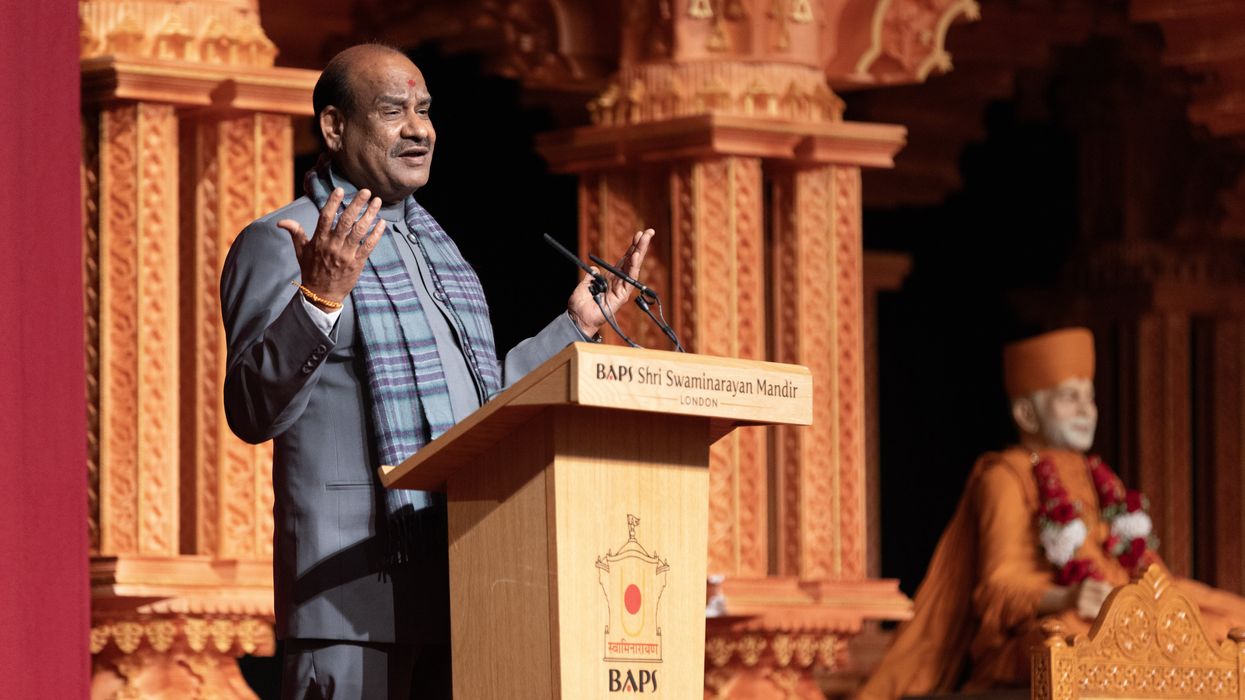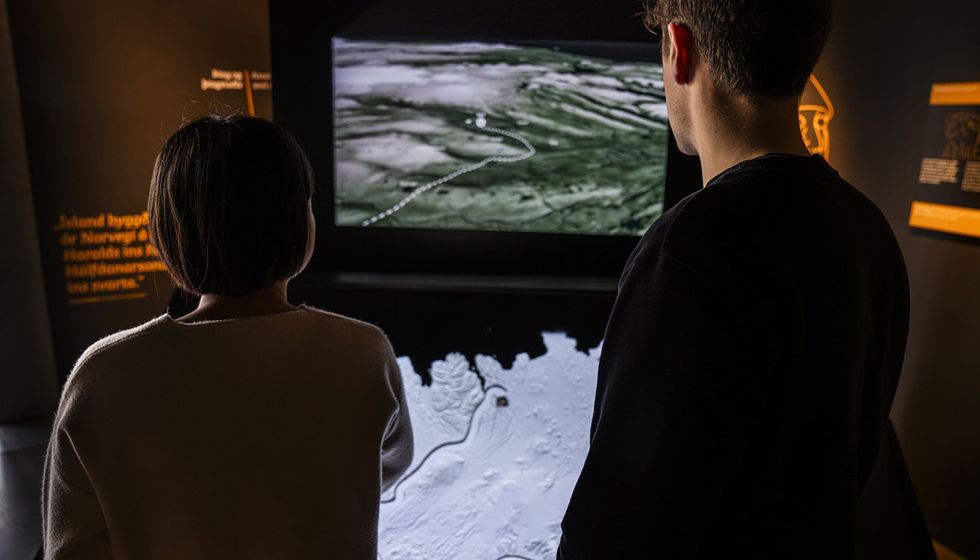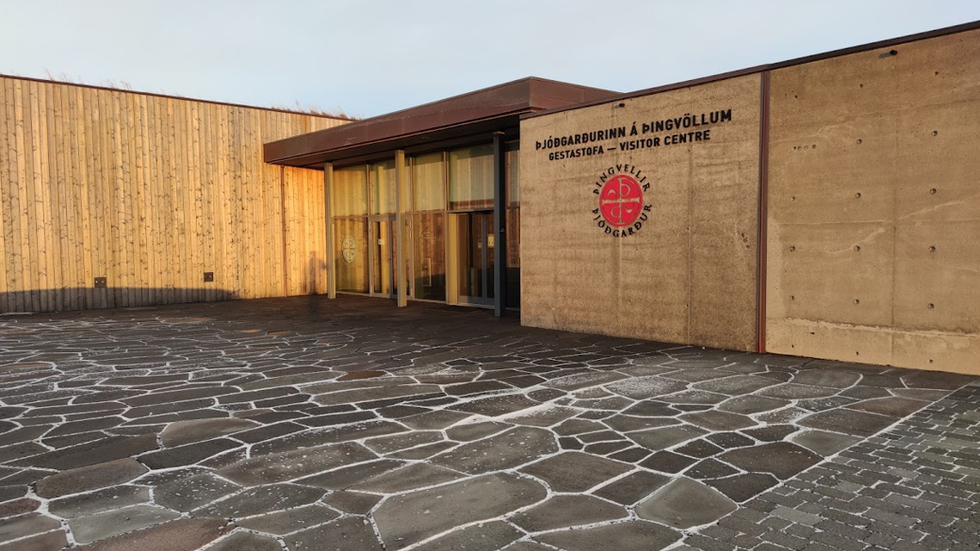ARE you feeling bloated, tired and struggling to sleep or is your low energy weighing you down? Perhaps you’ve been through a whirlwind of big fat Indian weddings or indulgent holidays over the summer and now your mind and body feel out of sorts?
If so, you’re not alone. Post-holiday blues are real and can affect anyone.
So, now is the time to show yourself some muchneeded love and care. And guess what? Ayurveda has got your back. Embracing a wholesome Ayurvedic cleanse and practising self-care techniques to reset, find balance and nurture yourself can reboot your mind and body. It certainly helped me and doesn’t require any fancy equipment or special skills.
Start with a three-day cleanse that will leave you feeling rejuvenated. During this time, focus on nourishing your body while gently detoxifying. For breakfast, indulge in lightly cooked apples infused with clove and cinnamon. It’s a delightful and healthy way to kickstart your day. Eat it slowly, make it a ritual and set some feel-good intentions for the day such as connecting with nature.
Treat yourself to kitchari for lunch and dinner, a humble yet comforting blend of mung dal, rice and seasonal vegetables like carrots, aubergine and courgette. It’s delicious and packed with nutrients to revitalise you from within and your mum or grandmother would be so proud, right?
To enhance the reset, sip on herbal tea made with coriander seeds, fennel and cumin. This refreshing blend will cleanse your digestive system and reignite your inner fire, known as Agni. At bedtime, treat yourself to a soothing cup of haldi (turmeric) milk. It’s like a warm, comforting hug that promotes sleep and eases inflammation. Or try blending a couple of fresh dates with warm milk, cinnamon and cardamom to help you drift off to a peaceful sleep. In fact, dates are considered to build Ojas (vital energy) and help relieve sweet cravings.
Self-care rituals are equally important to balance your mind, body and spirit. Start by incorporating gentle yoga poses into your daily routine. Sun salutations, warrior pose and child’s pose are perfect for connecting with your body and cultivating inner strength. And if you’re up for it, add some light weights to your workout to keep that vitality flowing.
One beautiful aspect of Ayurveda self-care is the abhangya self-massage, which will become your new best friend! Simply heat up some sesame oil and massage it into your skin. Not only will it nourish your body, but it will also support digestion, promote energy flow and induce relaxation. It’s like giving yourself a rejuvenating spa treatment right at home.
Don’t forget, this journey of self-nurturing goes beyond just the physical aspects. Take this reset as an opportunity to check in with your beliefs and values. What really matters to you? Embrace your inner wisdom and that of Ayurveda to regain balance in your mind, body and spirit. It’s a beautiful way to honour yourself and live authentically.
If you ever find yourself feeling stuck, overwhelmed, or in need of clarity, there is hope. I encourage you to try this truly nourishing three-day mind, body and spirit reset. Remember, you have the power to reset and find balance. You deserve it!
All the recipes mentioned are available online, in books, from auntie-jis, mothers and grandmothers. Wishing you well.






















